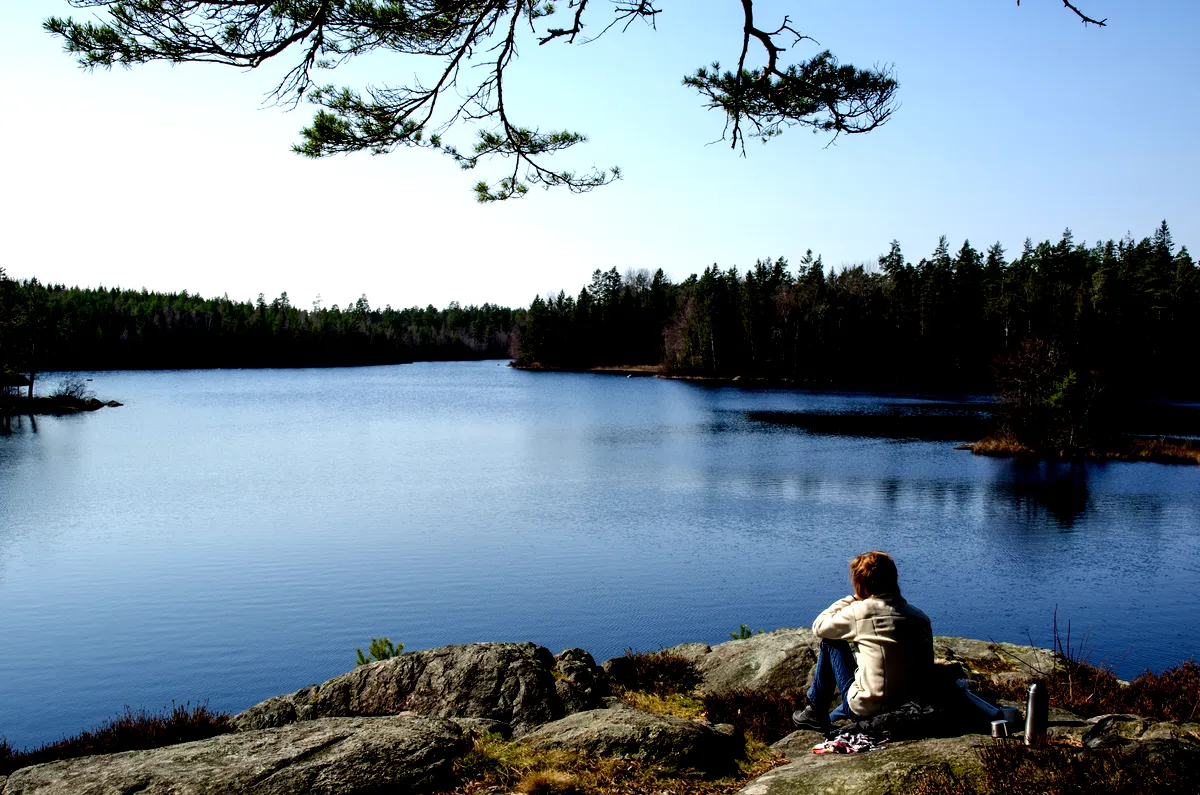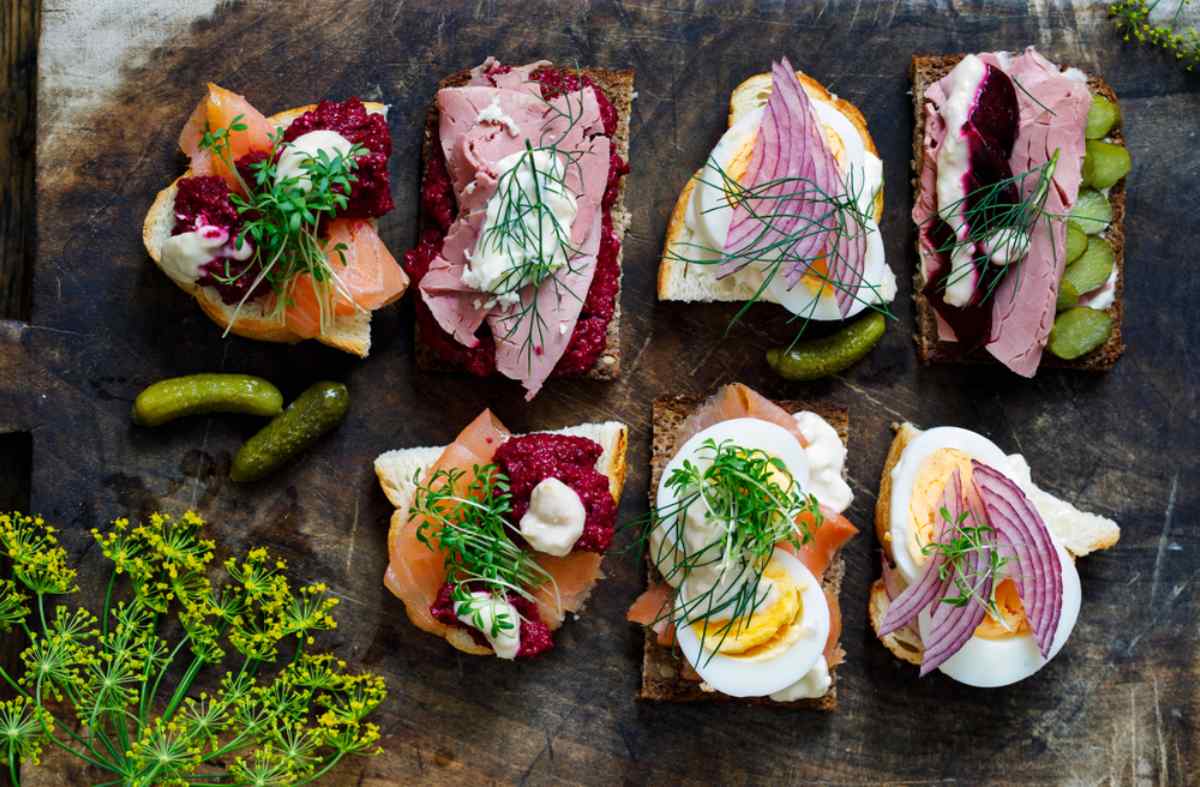Swedish stereotypes are often derived from the international perception of Sweden's innovative society, strong welfare systems, and unique cultural norms. Here, we explore the layers behind these stereotypes to offer a clearer picture of what Swedish people are really like.
1. The Foundation of Work-Life Balance
One of the most celebrated aspects of Swedish society is its commitment to work-life balance. Swedish labor policies are designed to support a healthy balance, allowing extensive maternity and paternity leaves, and ensuring that individuals have ample time for rest, family, and personal pursuits. This commitment reflects a societal value that places well-being above work, which might contrast sharply with the work cultures in more work-centric countries.
2. Fika: More Than Just Coffee
The Swedish tradition of 'Fika'—taking a coffee break complete with snacks—is a cornerstone of everyday life in Sweden. More than just a coffee break, Fika serves as a significant social ritual, an opportunity to pause and socialize, which reinforces the community fabric. The deep cultural importance of Fika shows the Swedish penchant for integrating leisure and socializing into the fabric of daily life.
3. Social Consumption Habits
Contrary to the view that Swedes might indulge regularly, their drinking habits are usually reserved for the weekend. This could be tied to the Swedish tradition of 'lördagsgodis', where children eat candy only on Saturdays. This moderation extends into adult habits, reflecting a broader cultural tendency towards moderation and reserved indulgence.

4. Politeness and Social Reserve
Swedes are often perceived as extremely polite and reserved. They are careful not to intrude on another's personal space and tend to avoid unnecessary confrontations. This is often mistaken for coldness, but it is more about a deep-seated respect for privacy and personal integrity.
5. A Trust-Based Society
Trust is a fundamental element in Swedish society. Swedes generally place high trust in other individuals and public institutions, a trait that facilitates a high degree of civic participation and a smoothly functioning society. This trust also manifests in everyday interactions and is a cornerstone of business practices and social policies.
6. Independence and Individualism
From a young age, Swedes are taught independence and self-sufficiency, values that are deeply ingrained in the Swedish psyche. This might be observed in the global success of IKEA, a company that epitomizes Swedish practicality and the ethos of self-service. This independence, however, does not preclude a strong sense of community and collective responsibility.
7. The Concept of 'Lagom'
'Lagom' roughly translates to "not too much, not too little," a concept that is quintessentially Swedish. It epitomizes the balance Swedes strive for in all aspects of life. This philosophy influences everything from personal consumption to design and environmental policies, aiming for sustainability and efficiency without excess.
8. A Nation of Sports Enthusiasts
Swedes are extremely active and sports are a significant part of Swedish life. From football to friluftsliv (the Swedish concept of open-air living), physical activity is integrated into Swedish life, promoting health and wellbeing.
9. Punctuality and Planning
Swedes value punctuality, seeing it as a sign of respect. This trait is particularly important in business and formal settings, where being late can be seen as a serious faux pas.
10. Reserved in Public, Warm in Private
While Swedes may appear reserved in public settings, this should not be mistaken for unfriendliness. In more private settings, Swedes are warm and welcoming. The initial reserve often gives way to deep and enduring friendships.
11. Love for Nature and Outdoor Activities
Swedes have a renowned love for the outdoors. This stereotype is rooted in the Swedish right to roam freely in the countryside, known as "allemansrätten." Whether it's hiking, skiing, or berry picking, many Swedes take full advantage of this right, reflecting a national respect and appreciation for nature.

12. Environmental Consciousness
Swedes are often stereotyped as being very environmentally conscious. This is seen in their high rates of recycling, use of renewable energy sources, and the popularity of eco-friendly products and lifestyles. This stereotype aligns closely with the national policies that focus on sustainability and environmental protection.
13. Minimalistic Design
Swedish design is synonymous with minimalism and functionality. This stereotype is embodied by global brands like IKEA and Volvo, which emphasize clean, simple lines and practicality. The aesthetic of minimalism extends into home decor, fashion, and even into the Swedish lifestyle.
14. Coffee Lovers
Swedes are some of the highest consumers of coffee per capita in the world. The stereotype of a Swede always having a coffee cup in hand is not far from the truth, with coffee breaks (fika) serving as a cherished part of the day for socializing and relaxation.
15. Reserved and Quiet
The stereotype of Swedes as reserved and quiet often arises from their typical demeanor in public spaces and their cautious approach to personal space and privacy. This trait is sometimes interpreted as aloofness or shyness, but it is more about respect for individual boundaries.

16. Equality and Gender Equality
Sweden is known for its strong emphasis on equality, particularly gender equality. This stereotype is supported by the nation's progressive policies on parental leave, gender representation in business and politics, and education that promotes equality from a young age.
17. Technological Savvy
Swedes are often perceived as technologically advanced and highly connected. This stereotype is based on Sweden's early adoption of new technologies, high internet penetration rates, and the success of tech companies originating from Sweden, such as Spotify and Skype.
18. Healthy Living
Swedes are stereotypically health-conscious, a trait that manifests in the popularity of outdoor activities, a balanced diet featuring a lot of fish, whole grains, and berries, and a general avoidance of overly processed foods.
19. Love for Dark and Cold Winters
While Swedes do experience long, dark winters, the stereotype that they enjoy this season might have some truth due to the country's embrace of "mys," a concept similar to the Danish "hygge," which focuses on creating a cozy atmosphere at home. Activities like sauna sessions, lighting candles, and enjoying warm beverages are part of winter rituals.
20. Modesty and Humility
Swedes often display a trait known as "Jantelagen," a cultural norm that discourages individual boasting and promotes societal equality. This is seen in the way achievements are often downplayed and the collective success of a group is highlighted over individual accolades.
Frequently Asked Questions about Swedish Stereotypes
What are Swedes most known for?
Swedes are most known for their progressive society, strong welfare state, and contributions to global music and literature. Additionally, the tradition of Fika and the concept of Lagom are quintessentially Swedish.
What is a typical Swedish character?
A typical Swedish character is marked by a love for nature, a deep sense of community, and a commitment to sustainability. They are often viewed as reserved, yet friendly, with a strong sense of fairness and trust.
Who is the most famous person from Sweden?
ABBA, the legendary pop group, is among the most famous Swedes known globally. In literature, Astrid Lindgren, the creator of Pippi Longstocking, has made a significant impact.
What is Sweden and their culture?
Sweden is a country known for its rich historical legacy, innovation, and cultural contributions. Swedish culture emphasizes societal health, sustainability, and global humanitarianism. This reflects in their music, literature, societal policies, and global engagements.
If you're keen to delve deeper into the rich culture and stunning natural landscapes of Sweden, consider experiencing it firsthand by visiting the country. One of the best ways to explore Sweden at your own pace is by renting a camper. This allows you the freedom to traverse the vast countryside, from the rolling hills and dense forests to the peaceful lakes and vibrant cities, all while immersing yourself in the Swedish way of life. Renting a camper in Sweden offers a unique opportunity to connect with nature and culture in a personal and flexible manner.


 By
By








